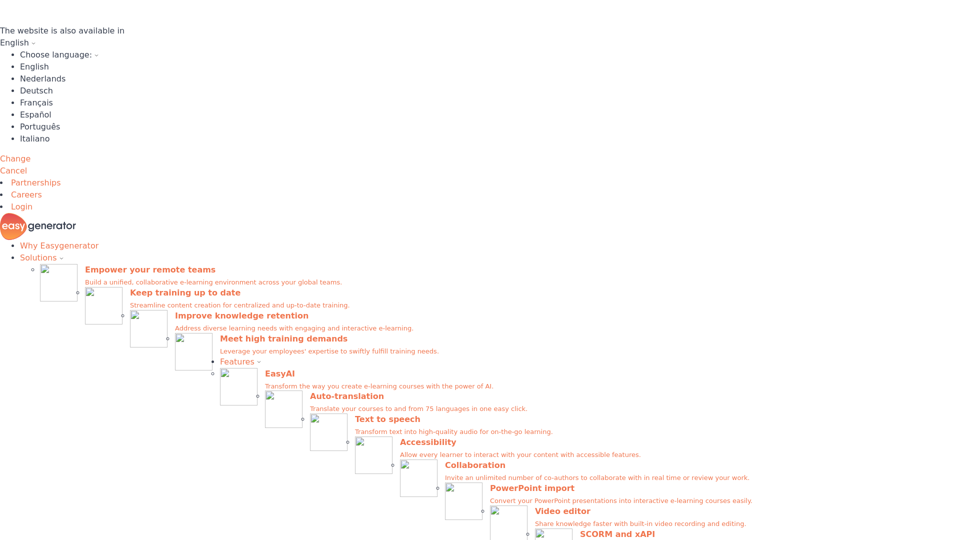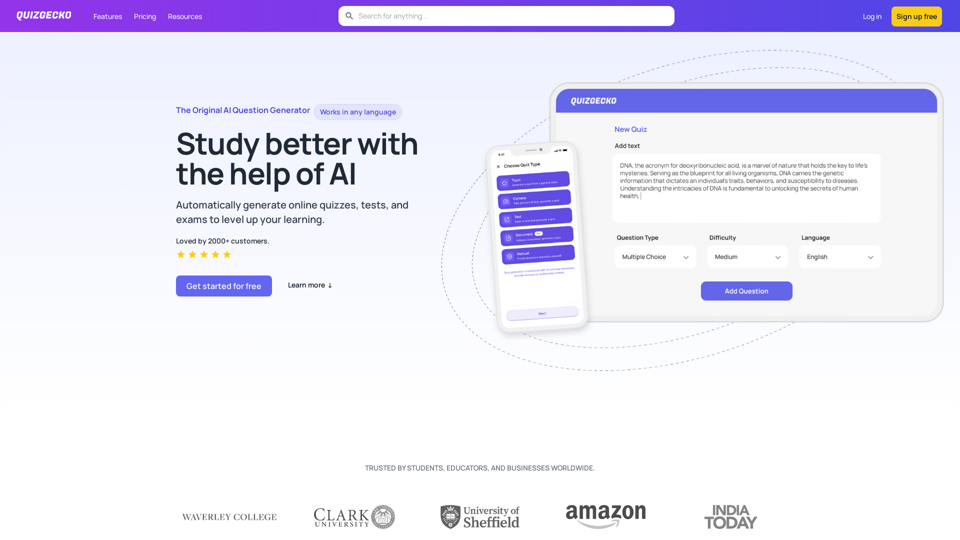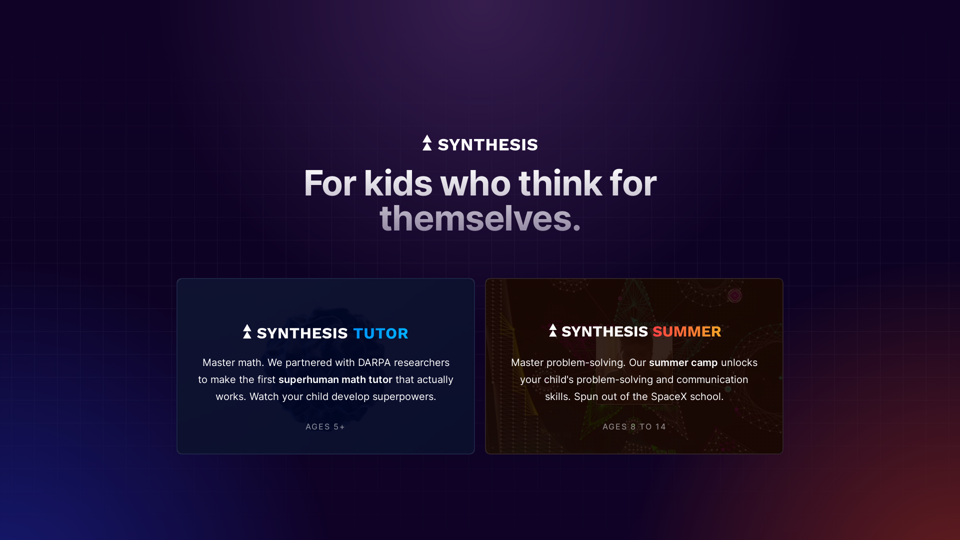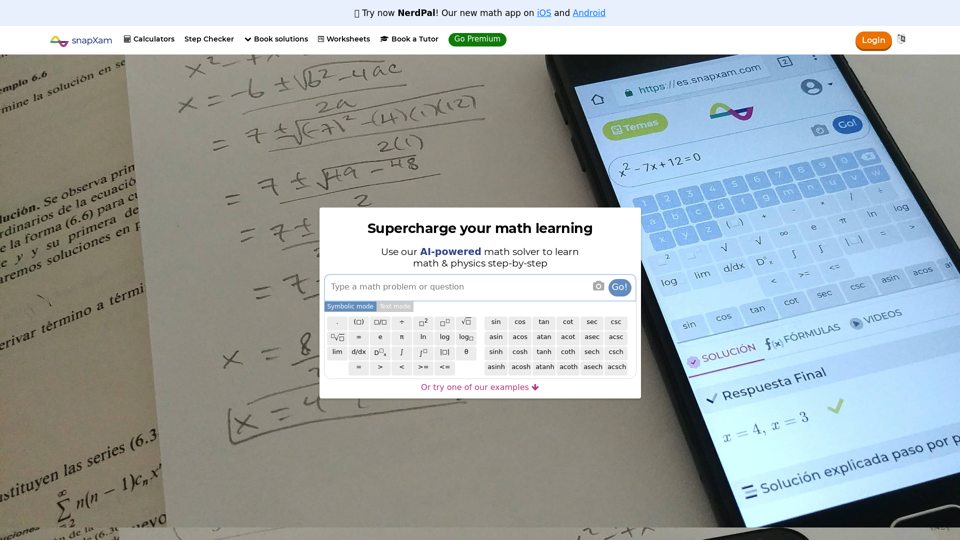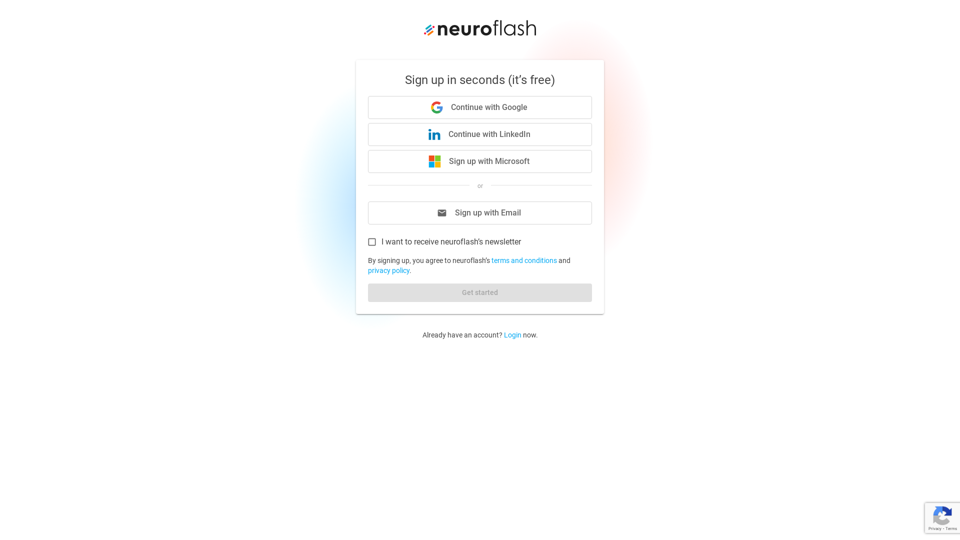What's Artificial Intelligence (AI)?
Artificial Intelligence (AI) is a branch of computer science aimed at creating systems capable of performing tasks that typically require human intelligence. These tasks include natural language processing, pattern recognition, decision-making, and learning from experiences. AI encompasses a range of subfields, each with distinct objectives and applications.
Types of Artificial Intelligence
AI can be categorized based on capabilities and functionality:
Based on Capabilities
- Narrow AI (Weak AI): Designed for specific tasks, like voice recognition or image classification. Examples include Apple's Siri and IBM's Watson.
- General AI (Strong AI): A theoretical concept where machines possess the ability to perform any intellectual task a human can do.
- Super AI: Hypothetical AI that surpasses human intelligence in all aspects.
Based on Functionality
- Reactive Machines: Operate based on present data without memory. Examples include IBM's Deep Blue.
- Limited Memory: Can use past experiences to inform decisions, like self-driving cars.
- Theory of Mind: AI systems that understand human emotions and social interactions.
- Self-Awareness: Theoretical AI with consciousness and self-awareness.
Benefits of Artificial Intelligence
AI offers numerous advantages:
- High Accuracy: AI systems can achieve high precision with minimal errors.
- Speed: AI can process data and make decisions faster than humans.
- Reliability: AI systems can perform repetitive tasks consistently.
- Risk Management: AI can operate in hazardous environments, reducing human risk.
- Digital Assistance: AI provides personalized experiences, such as virtual assistants.
- Public Utilities: Enhances services like self-driving cars and facial recognition.
How to Use Artificial Intelligence
Prerequisites
Before diving into AI, certain foundational knowledge is beneficial:
- Mathematics: Understanding algebra, calculus, and probability.
- Programming: Proficiency in languages like Python or R.
- Data Structures: Knowledge of arrays, lists, and trees.
- Statistics: Ability to analyze and interpret data.
Developing AI Skills
- Mathematics and Statistics: Master linear algebra, calculus, and statistical analysis.
- Programming: Learn to code with Python or R, focusing on AI libraries.
- Machine Learning: Understand algorithms and their applications.
- Deep Learning: Explore neural networks and their use in AI.
Learning Resources
- Online Courses: Platforms offering AI courses from beginner to advanced levels.
- Books and Tutorials: Comprehensive guides on AI concepts and applications.
- Projects: Hands-on experience through real-world AI projects.
AI Tools and Packages
- Python Libraries: pandas, NumPy, Scikit-Learn for data manipulation and machine learning.
- Deep Learning Frameworks: TensorFlow, PyTorch for building neural networks.
By mastering these skills and utilizing these resources, you can effectively harness the power of AI in various domains.

